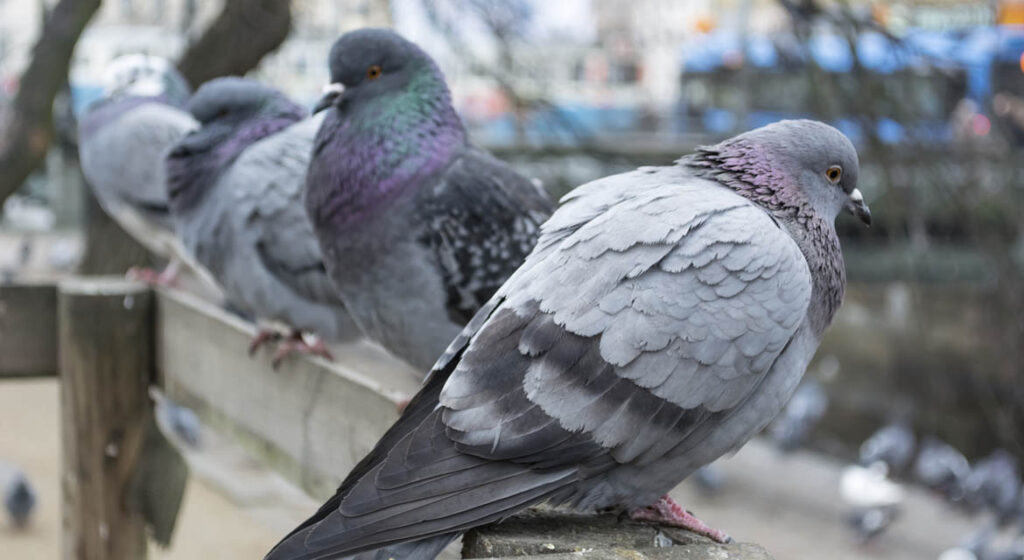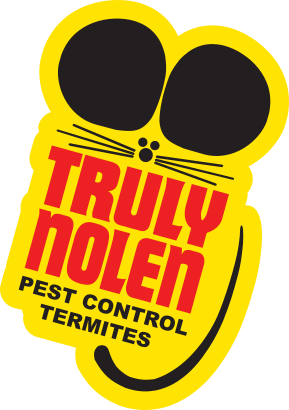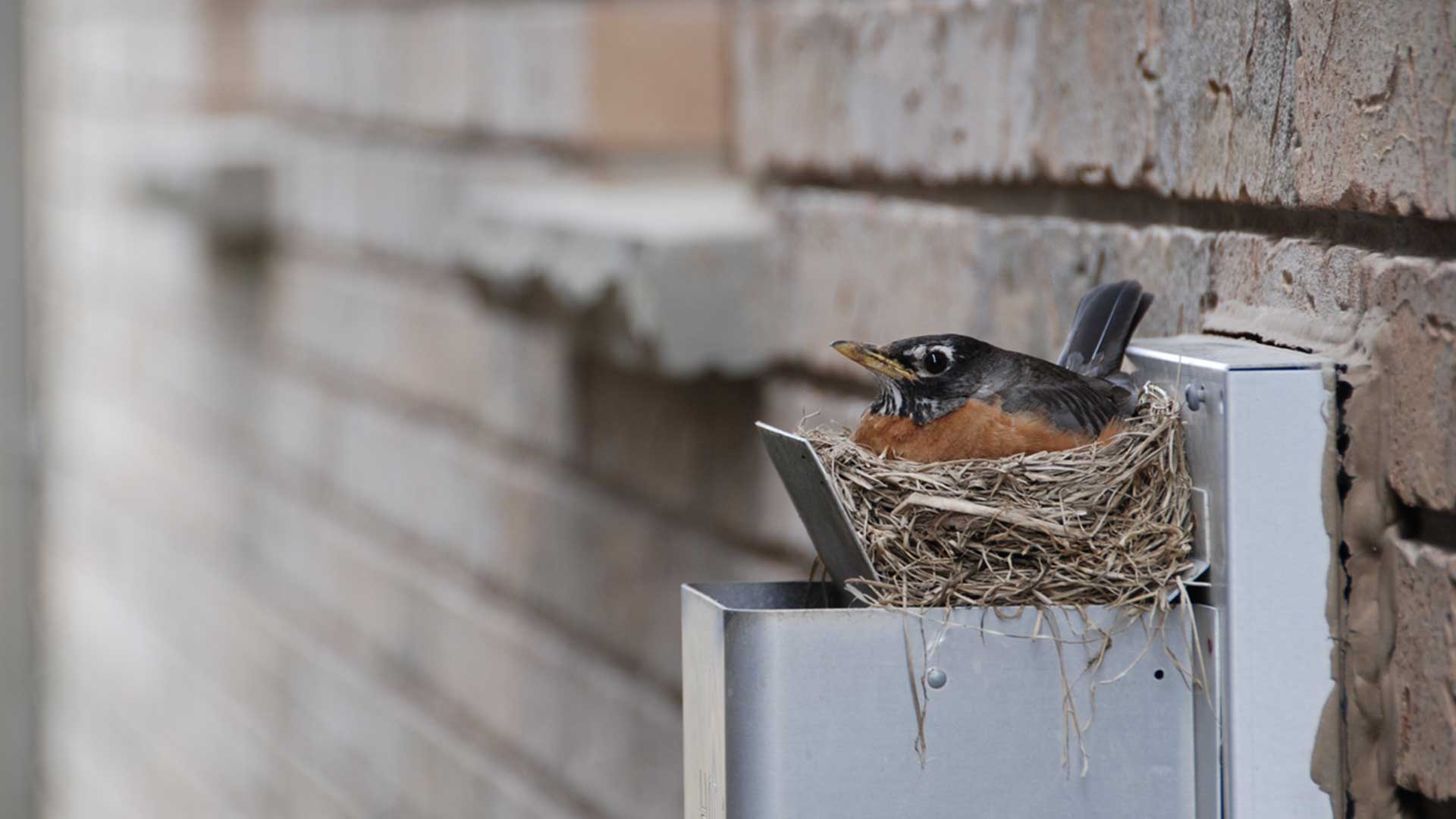
Are Birds a Health Risk, and Can They Spread Diseases?
Birds are often seen as harmless and beautiful creatures that can bring joy to our lives, but they also carry potential health risks. While not all birds pose a threat, it’s important to be aware of the potential risks and take appropriate precautions. Here are three key points to be mindful of:
- Bird droppings, particularly when dried and aerosolized, can carry pathogens that, when inhaled or contacted, can lead to respiratory issues, allergic reactions, and diseases like histoplasmosis and salmonellosis.
- Birds may host parasites like ticks, fleas, and mites that can carry diseases and potentially transmit them to humans, especially if there is direct contact or exposure to infested areas.
- While certain bird species have been associated with specific diseases, the risk of disease transmission from birds to humans is generally low and requires close and prolonged contact, but maintaining good hygiene practices and seeking professional assistance for bird-related concerns is still important.
Types of Diseases Spread by Birds
One of the main concerns regarding birds and public health is the spread of infectious diseases. Birds can carry a variety of pathogens, some of which can be transmitted to humans. These diseases can be spread through contact with bird droppings, feathers, or even through the air by breathing in infected particles. Here are some of the most common diseases spread by birds:
Bacterial Infections
Birds can carry several types of bacterial infections, including salmonella, campylobacter, and E.coli. These infections are usually transmitted through contact with bird droppings, contaminated soil, or food. Individuals can become sick with symptoms such as nausea, diarrhea, fever, headache, or abdominal pain if they come into contact with contaminated materials.
Respiratory Infections
Birds can spread respiratory infections by transmitting airborne particles that contain infectious agents. Some of these infections can cause influenza-like symptoms or respiratory infections, like avian influenza, which can be deadly. These diseases can often spread among bird populations, but on rare occasions, humans who have close contact with infected birds can also contract the disease.
Parasitic Infections
Birds can transmit parasitic infections, such as Cryptococcus neoformans, which can be found in bird droppings and soil contaminated with bird feces. In some, this disease can present asymptomatically, but for those with weakened immune systems, it could lead to severe lung infections and meningitis.
Fungal Infections
Inhaling fungal spores from bird droppings or contaminated soil can lead to fungal infections, such as Histoplasmosis, which can cause respiratory problems and other medical conditions. The disease can be more severe in people with weakened immune systems.

Truly Nolen GUARANTEE
If you’re not completely satisfied, you’ll get a full refund on your most recent service with our 100% money back guarantee.

$50 Off Year Round Pest Control
Truly Nolen is a family-owned company with 85 years of experience providing the best pest control. If you’re not completely satisfied, you’ll get a full refund on your most recent service with our 100% money back guarantee.
How Are Avian Diseases Transmitted From Birds to Humans?
One of the primary ways birds transmit diseases to humans is through direct contact with infected birds or their droppings. Certain avian diseases, such as Psittacosis and Salmonellosis, can be transmitted through physical contact with infected birds or by inhaling dust or particles containing the bird’s feces. Additionally, people can contract diseases from birds by consuming undercooked poultry or eggs.
Indirect transmission of diseases can also occur through contact with contaminated surfaces or objects. Bird droppings contain infectious particles that can contaminate air conditioning units, food processing plants, and other surfaces. This can lead to foodborne illnesses like salmonella and E. Coli.
It’s important to note that not all birds carry diseases that can be transmitted to humans. However, some wild and domestic birds are capable of spreading infection, so it’s always best to take precautions and avoid coming in direct or indirect contact with birds and their waste.
Who Is Most at Risk for Contracting Bird-Related Diseases?
While anyone can contract a bird-related disease, certain individuals have a higher risk of infection than others. The following groups of people can be more vulnerable when contracting avian diseases:
Those With Weakened Immune Systems
People with weakened immune systems are more susceptible to avian diseases due to their reduced ability to fight off infections. This can include individuals with autoimmune disorders, organ transplant recipients, or those undergoing certain medical treatments like chemotherapy. The weakened immune response makes them more vulnerable to avian diseases and increases the risk of severe complications if they become infected.
Pregnant People
People who are pregnant may also be vulnerable to bird-related infections due to the changes in the immune system that occur during pregnancy. This heightened susceptibility means that certain infections that may be mild in non-pregnant individuals can be severe and even life-threatening for expectant mothers. One such infection is listeriosis, a bacterial disease that can be contracted through the consumption of contaminated food products. This infection typically causes fever, muscle aches, and gastrointestinal distress. In pregnant people, however, listeriosis can lead to severe pregnancy complications.
People Who Work With Birds
People who work in occupations that involve direct contact with birds, such as poultry farmers or pet store employees, are also at an increased risk of contracting bird-related diseases. These individuals are more likely to come into contact with bird droppings, feathers, and other bodily fluids that can carry the infectious agents.
Similarly, individuals who engage in activities that involve handling or consuming bird products, such as hunters or those who process poultry, are at an increased risk of infection. It is important to handle and cook bird products properly to prevent the spread of disease.
How To Protect Yourself From Avian Diseases
To avoid contracting avian illnesses, you’ll need to take appropriate precautions. First and foremost, it’s essential to avoid direct contact with sick or dead birds and their droppings. If handling birds or their environments is necessary, wearing gloves, masks, and protective clothing can minimize the risk of exposure. Maintaining good hygiene practices, such as frequent handwashing with soap and water, is crucial, especially after handling birds or coming into contact with potentially contaminated surfaces. It’s also advisable to cook poultry products thoroughly to kill any potential pathogens.
But if you’re struggling to keep certain birds away from your property or you need help managing your area, it can also be beneficial to contact professional pest control companies. They can provide you with a variety of options for keeping undesirable birds and their potential diseases at bay.
Professional Treatments To Get Rid of Birds
Birds are beautiful creatures that can add to the charm of any outdoor space. However, when they become a problem, it can be difficult to deter them. Bird infestations can cause damage to property and pose a health risk, especially when their droppings are left unattended. So, if you’re wondering how to get rid of birds, you may want to explore professional bird control treatments.
One method of bird control is physical exclusion. This involves using nets, spikes, and other barriers to prevent birds from roosting or nesting in specific areas. This technique is especially effective for areas with high bird activity, such as rooftops, ledges, and balconies.
Another option is the use of sonic and visual bird deterrents. These devices emit sounds and light that discourage birds from roosting and nesting. Ultrasonic devices produce sounds that are inaudible to humans but can be uncomfortable for birds. Visual deterrents include reflective tapes and predator decoys, such as owls or hawks, that create the impression that the area is not safe for birds.
Professional pest control companies may also use avian repellents or bird gel. These products are applied to surfaces where birds are most likely to roost or nest. They create a sticky residue that is uncomfortable for birds to land on, forcing them to move elsewhere.
It is important to note that attempting to remove birds on your own can be dangerous and may result in injury to both you and the birds. Professional bird control companies have the equipment and expertise to safely remove birds and prevent their return.
In addition, it’s crucial to address any underlying factors that are attracting birds to your property. This may include fixing any leaks or holes in the roof, removing any standing water, and disposing of food waste properly.
Safeguarding Against Bird-Related Health Hazards
The spread of diseases from birds to humans is a real concern. Various infections and illnesses can be transmitted through contact with droppings, feathers, and contaminated surfaces. By understanding the risks, taking necessary precautions, and seeking professional assistance, you can minimize the health hazards associated with birds while still appreciating their beautiful presence.

$50 Off Year Round Pest Control
Truly Nolen is a family-owned company with 85 years of experience providing the best pest control. If you’re not completely satisfied, you’ll get a full refund on your most recent service with our 100% money back guarantee.
Frequently Asked Questions
Why are birds infesting my property?
Birds may infest properties seeking shelter, nesting sites, or food sources. Factors such as easy access to food, suitable nesting locations, or favorable environmental conditions can attract birds to your property.
Are birds a health risk, and can they spread diseases?
While birds themselves are not inherently harmful, their droppings can pose health risks due to the presence of bacteria, fungi, and parasites. Airborne particles from dried bird droppings can potentially cause respiratory issues. Certain bird species, such as pigeons, can also carry diseases like salmonella and ornithosis. Learn more about birds
How can I deter birds from nesting on my property?
To deter birds from nesting, you can implement bird exclusion methods like installing bird netting, bird spikes, or bird wire systems, removing food sources, using bird repellents, and modifying your property to eliminate potential nesting sites.
What should I do if I find a bird’s nest on my property?
If you find a bird’s nest on your property, it is generally recommended to leave it undisturbed until the nesting season is over and the birds have vacated. Removing nests during active nesting periods can be illegal and may cause harm to the birds.
Can I remove birds or nests on my own, or do I need professional assistance?
It is advisable to seek professional assistance for bird removal or nest removal to ensure compliance with local regulations and to address the infestation effectively and safely. Professionals have the knowledge, experience, and proper tools to handle bird infestations and implement appropriate exclusion measures. Learn More!

